Parents out here need to understand that music can make you a living: Lenny Massey
In demand saxophonist gets real on western perceptions of Pakistan, surviving as a musician and breaking stereotypes
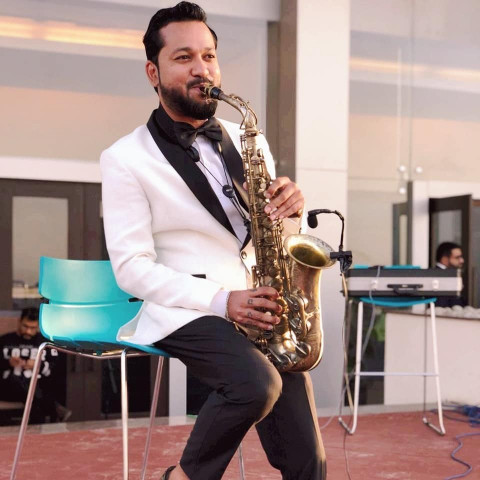
PHOTO: INSTAGRAM/LENNY MASSEY
Meet Lenny Massey. One of the few saxophonists in Pakistan. He exudes an air of old-world charm from a time long ago. At 31, Massey has managed to garner much acclaim in music circles both locally and internationally.
Mostly known for his covers of popular songs and jazzing his way through Karachi with his band Club 777, the musician is one of the if not the most sought after saxophone players in the country.
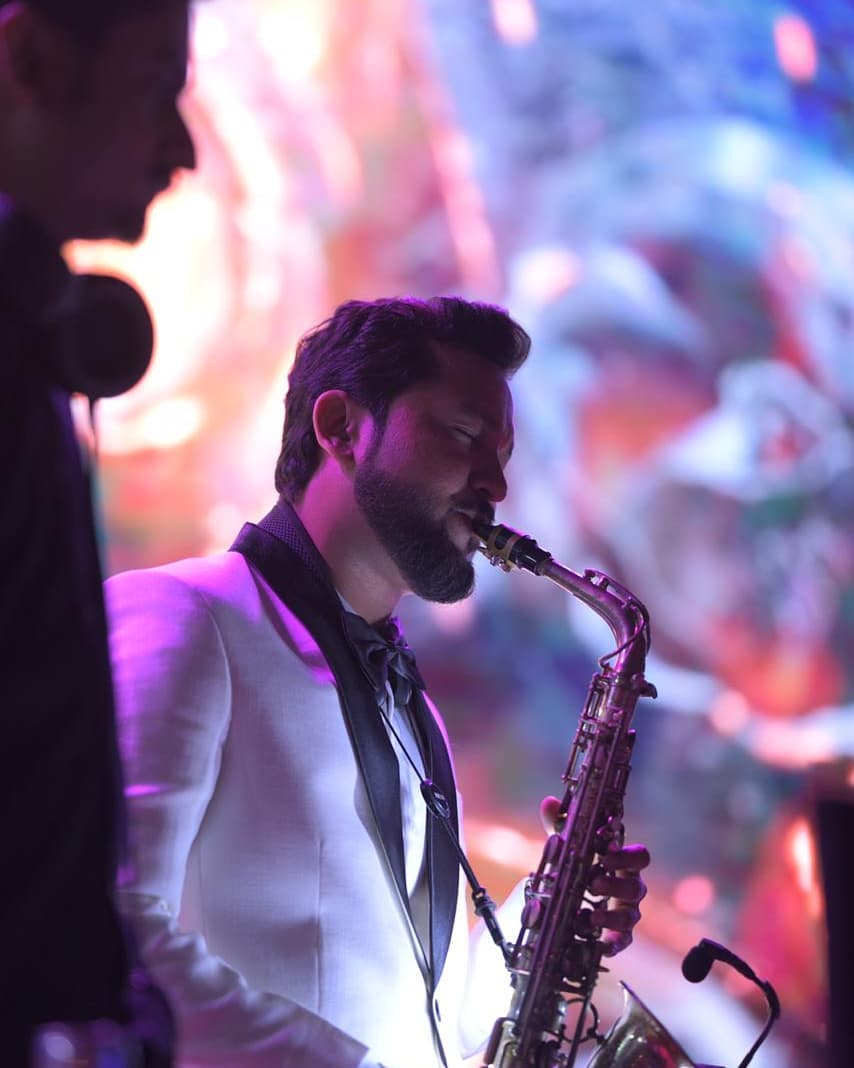 PHOTO: INSTAGRAM/LENNY MASSEY
PHOTO: INSTAGRAM/LENNY MASSEYSeemingly lost in a world of his own, he sings along to a song playing at a local cafe in Karachi. He begins to tell his story, looking into the distance while remembering his musical journey over the last two decades.
“I started making money from music when I was 14. But my life changed forever when I started playing saxophone at the age of 19 when I was able to buy my own. The saxophone is not a common instrument so the fact I am noticed in this country for playing it, is my biggest achievement really,” says Massey.
The multi-talented musician, who can also play clarinet and keyboard has performed on a variety of high profile projects. He worked with singer Sajjad Ali in Coke Studio season 10 and has the honour of performing a saxophone rendition of the Pakistani National anthem for the first time ever. More recently he released an instrumental cover of an iconic hamd by Ustad Nusrat Fateh Ali Khan.
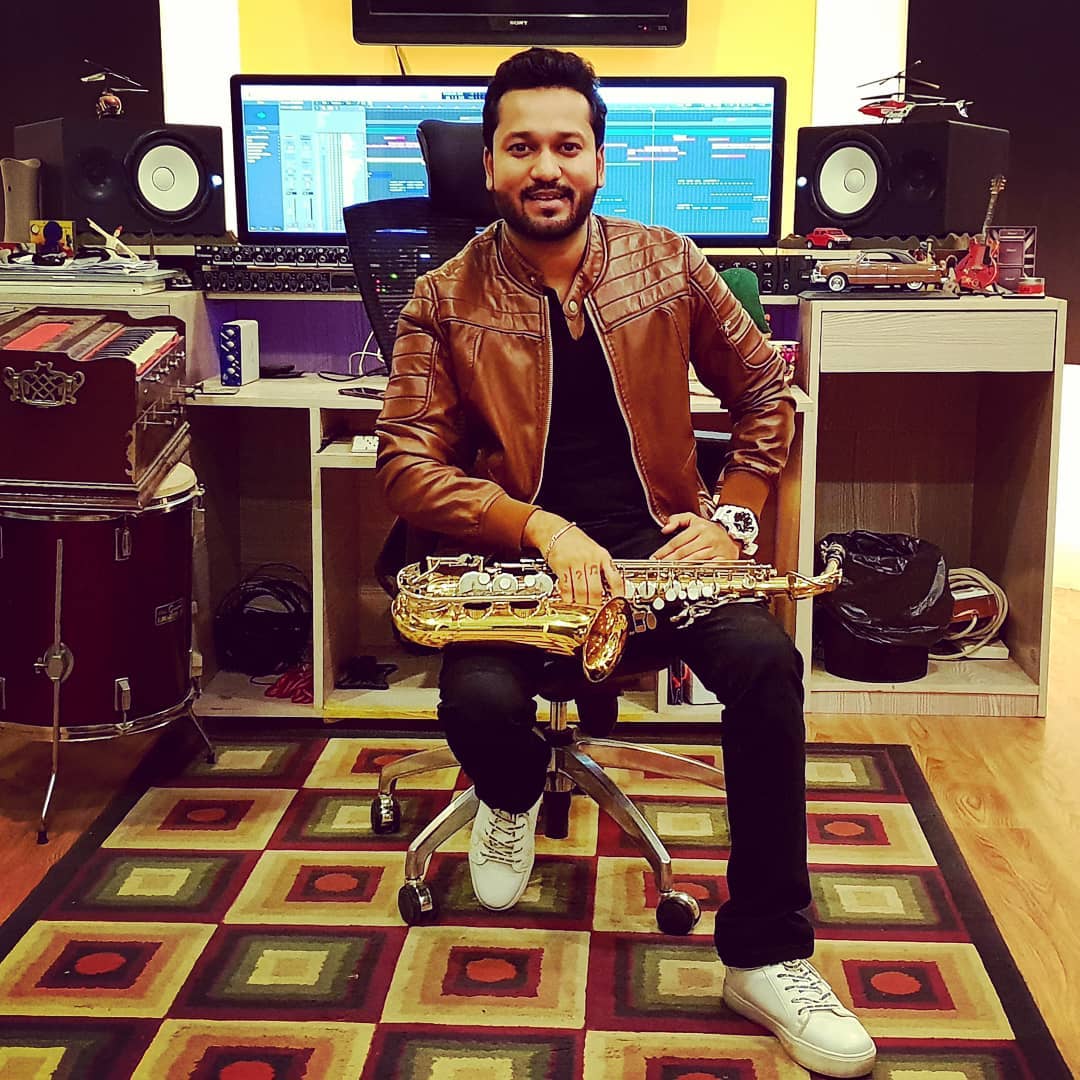 PHOTO: INSTAGRAM/LENNY MASSEY
PHOTO: INSTAGRAM/LENNY MASSEYHis talent has also allowed him to tour internationally as well as having performed alongside Fareed Ayaz and Abu Muhammad Qawal.
“I was asked to perform with them and we were invited to perform on August 14 in Oslo. It was an amazing concert and experience. It was the first time that I was in Europe. I also got fined for the first time [laughs]. I will never forget that trip,” he recalls.
Coming from a minority background, he says that many people he has met overseas assume that ‘everyone is Muslim’ in Pakistan and that music cannot be performed.
 PHOTO: INSTAGRAM/LENNY MASSEY
PHOTO: INSTAGRAM/LENNY MASSEY“Whenever I travel and go to the West, or Far East, they are always surprised that I am a minority and that people besides Muslims live in Pakistan. They have this weird concept that everyone who lives out here is Muslim. So, first of all, I try to clear that out of their head because it’s a misconception. Thanks to social media, they portray Pakistan in a very negative way.”
Ali Sethi to feature in Times Square Christmas display
The musician then smiles as he tells a story of meeting a man at a restaurant in Spain. “I told him I’m a musician from Pakistan. He said, ‘you guys play music?’ I made him listen to a couple of videos and showed him a couple of female singers that I perform with. He was just stunned that this was happening in Pakistan, in Karachi.”
However, he claims that Pakistani parents can be the biggest hurdle for young, aspiring musicians. “The parents out here need to understand music can take you places and music can earn you a living. It's only being an engineer or a doctor or working in the corporate sector.”
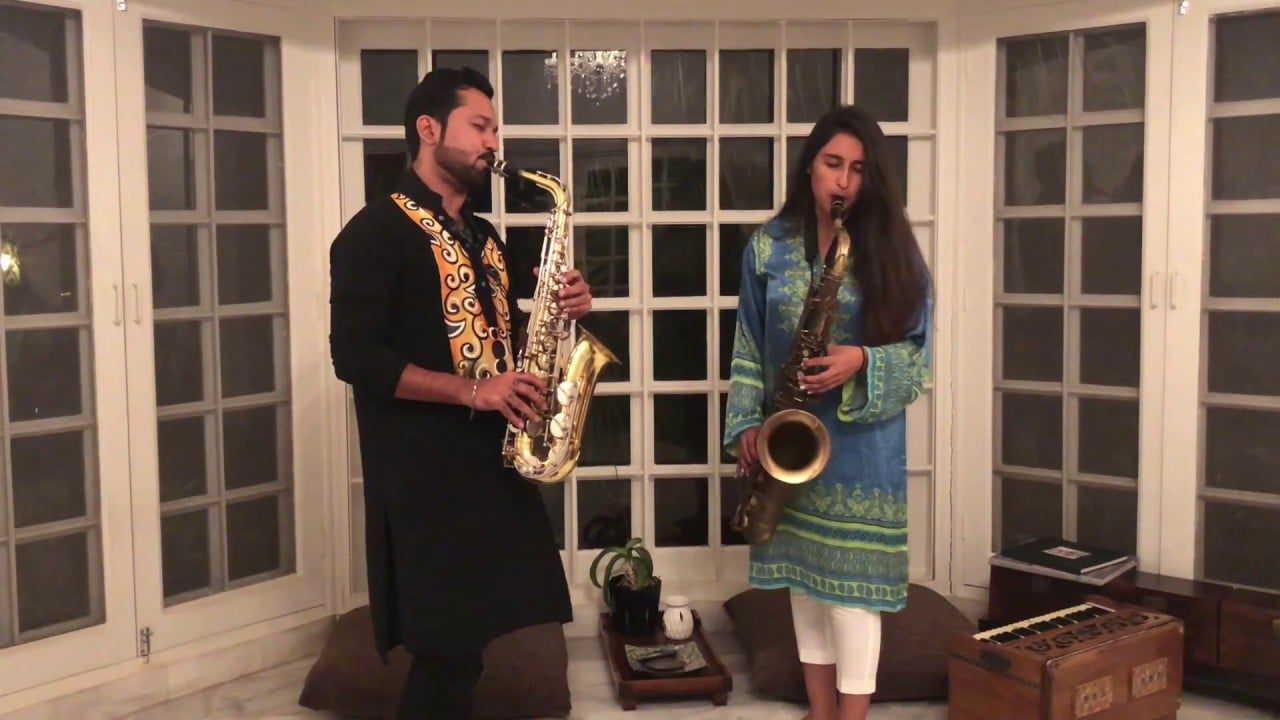 PHOTO: FILE
PHOTO: FILEMassey is indeed playing his part doing something about the problem. He tutors the ‘only female saxophonist’ in the country, Leena Habib. Together, they released their rendition of Sam Smith’s Dancing with a Stranger this year. Not only that, the musician also released his debut song, Destiny, which reached second place on the Patari music charts.
Despite these breakthroughs, Massey is aware of the struggles Pakistan is facing in the music industry, which he believes is a far cry from the ‘free-roaming 1960’s when Karachi was considered a mini New York’.
“I always tell them one thing. See, if all of us leave this country who would be left here? I think we are the ones who make the change. I believe in being the change.”
Have something to add to the story? Share in the comments below.

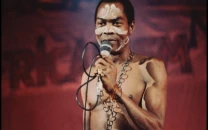

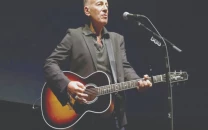















COMMENTS
Comments are moderated and generally will be posted if they are on-topic and not abusive.
For more information, please see our Comments FAQ